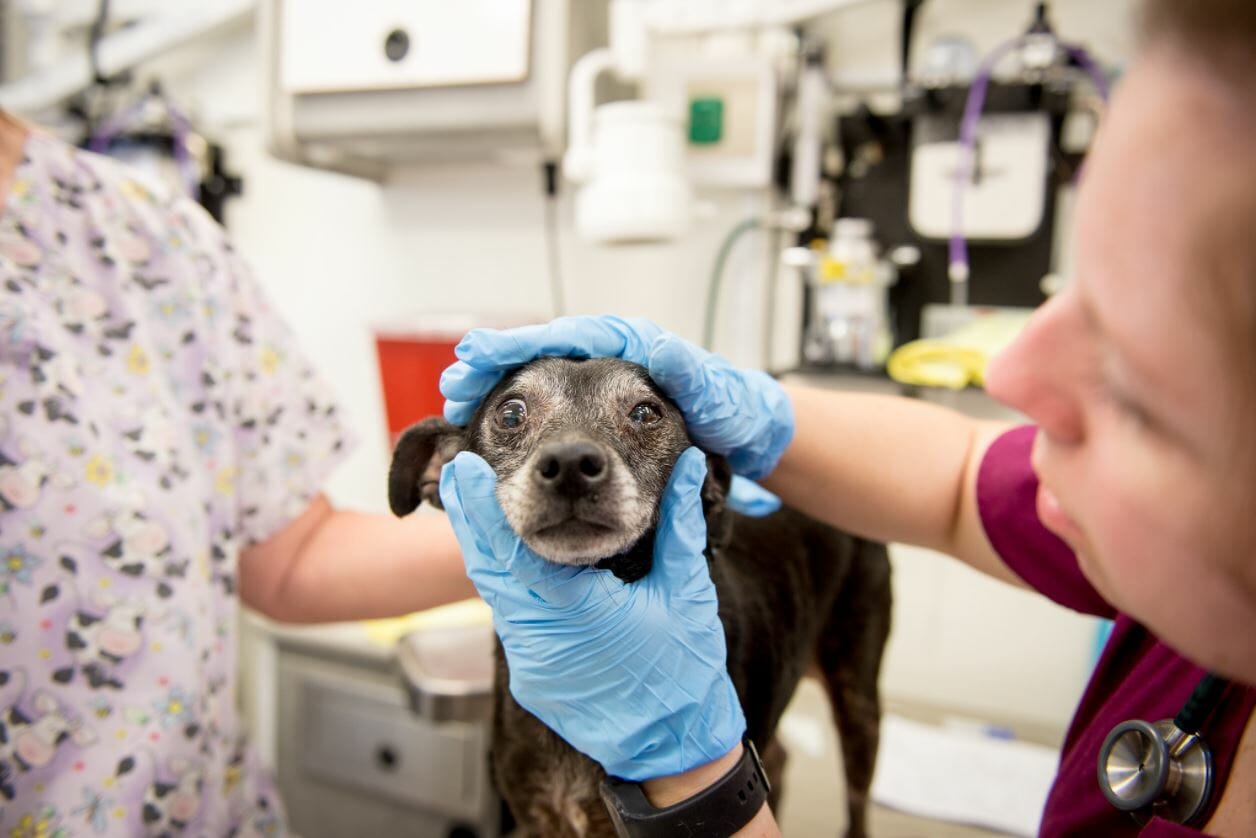
WesternU
/
College of Veterinary Medicine
/
Academic Program
/
College of Veterinary Medicine: Program Learning Outcomes
College of Veterinary Medicine: Program Learning Outcomes
Graduates of the Western University of Health Science College of Veterinary Medicine will be able to:
Basic Science and Medical Knowledge (BSMK)
- Demonstrate knowledge of normal development, structure, and function from the molecular to whole body level of major taxa of healthy animal and explain how disease, injury, and functional deficits alter the structure and/or function of body systems.
- Integrate and apply knowledge of central biological principles and disease mechanisms to effectively and appropriately manage medical cases.
- Describe the epidemiological impact of common diseases on populations and public health.
- Explain how behavioral, cultural, economic, environmental, and social factors influence care and welfare of animals and people.
Clinical Skills (CS)
- Demonstrate knowledge and skills in obtaining a comprehensive patient and/or population history.
- Demonstrate knowledge and skills in performing a safe and thorough patient and/or population examination.
- Demonstrate knowledge and skills in selecting, performing and interpreting diagnostic procedures.
- Demonstrate knowledge and skills in selecting and administering appropriate therapeutic interventions for patients and/or populations.
- Demonstrate knowledge and skills in the assessment of disease outcomes and quality of life of patients and/or populations.
- Demonstrate knowledge and skills in controlling disease outbreak, maintaining optimal health and welfare and preventing disease in individuals and/or populations.
Lifelong Learning (LL)
- Assess one’s own knowledge gaps and learning needs, including at the point of patient care, then take appropriate steps to address those needs.
- Take responsibility for one’s own professional and personal growth.
Research & Scholarship (RAS)
- Practice evidence-based medicine through accessing, analyzing, and interpreting research and scientific information at the individual and population level to provide high quality health care, initiate change, and improve veterinary medicine.
- Recognize the role of research in advancing science and medicine and its application to improve patient care outcomes.
Collaboration & Communication (CAC)
- Successfully engage in interprofessional practice of One Health, including non-medical professions, to improve patient care and outcomes.
- Effectively communicate with clients and other healthcare professionals regarding patient and/or population care and outcomes.
- Effectively communicate with the general public about animal/public health and the role of the veterinary profession.
- Utilize appropriate written, verbal, and non-verbal skills to effectively communicate with diverse populations through a variety of platforms.
Business Management & Economics (BMAE)
- Demonstrate knowledge of management skills necessary to lead or participate in professional endeavors.
- Develop analytical and critical thinking skills to make sound financial decisions related to one’s professional work environment.
- Develop knowledge of veterinary economics and its interconnection with animal and health industries.
Leadership (L)
- Serve as a role model in the community both as a professional and a citizen by developing confidence in personal leadership and by exhibiting personal accountability.
- Advocate for the veterinary profession through civic engagement, community outreach, and participation in organized veterinary medicine at the local, state, national, and international level.
Reverence for Life & Ethical Decision Making (RLAEDM)
- Demonstrate compassion, integrity, respect, and responsibility in relationships with all animals, people, and the environment.
- Identify ethical dilemmas and apply a deliberate process for making ethical choices and actions.
- Demonstrate an understanding of the complexities of the human-animal bond and the roles of animals in society.

